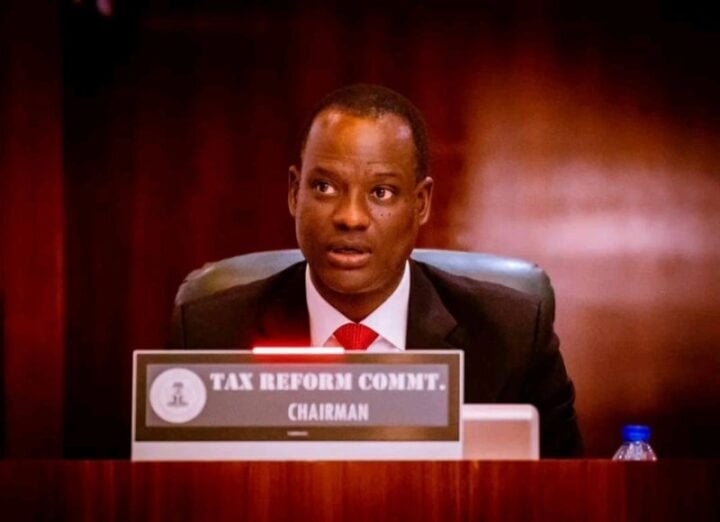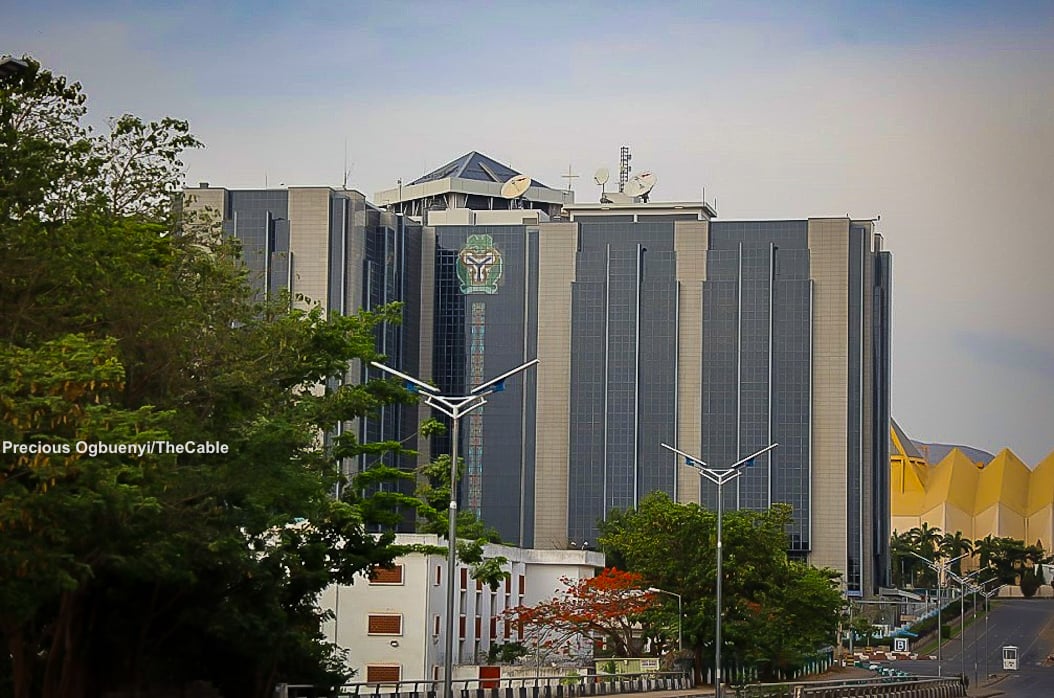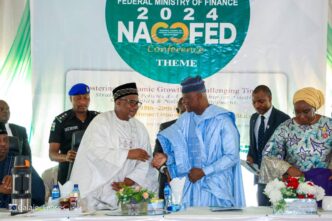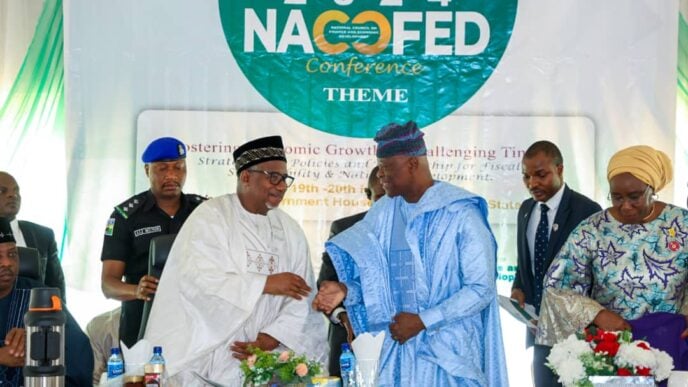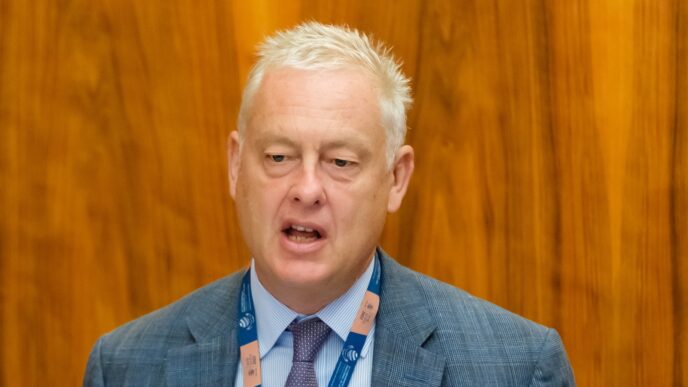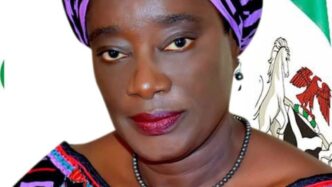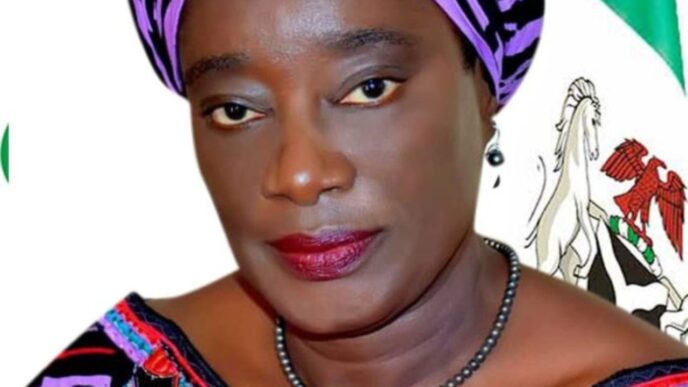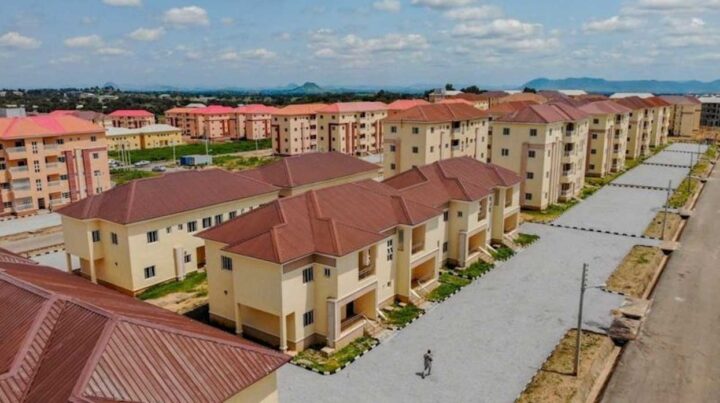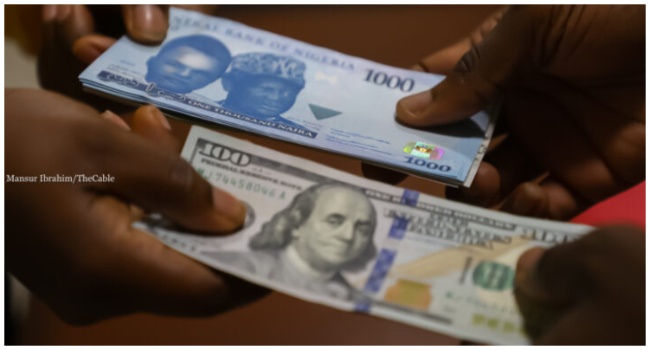Taiwo Oyedele, chairman of the presidential committee on fiscal policy and tax reforms, says Nigeria’s budget is too small to fund meaningful development.
Oyedele spoke on Monday at an interactive session organised by the house of representatives on the tax reform bills
The fiscal policy expert said the budgets of African countries like Kenya and South Africa, which have smaller populations, are higher than Nigeria with a larger population.
“I will put it bluntly. Nigeria is running on a low budget,” he said.
Advertisement
Oyedele said the 2024 appropriation Act and supplementary budget is about N35 trillion, while that of all states combined is 15.9 trillion.
“When you add up the entire budget of Nigeria, it becomes N51.1 trillion. If you convert it to the US dollar, it was only 32 billion dollars for 2024,” he said.
“This $32 billion is the equivalent of the budget of Kenya. Kenya has 54 million people — plenty of poor people as well. It is less than one quarter of the budget of South Africa.
Advertisement
“South Africa’s budget for 2024 is equivalent to $130 billion. South Africa has a little over 60 million people.
“How is it that Nigeria with all the potential, knowledge, experience and human capital that God has blessed us with? How is it that with over 200 million people our budget is barely the size of Kenya?
“That budget, if you dedicate it to just transportation, road, rail, flying, it will not be enough.
“So, the narrative of our country cannot be changed by increasing that amount by 5 percent or 10 percent. The base is just too small. It cannot fund our development.”
Advertisement
Oyedele said Nigeria has eight major revenue sources including, personal income tax
property tax, stamp duties, value-added tax, and land which are mostly controlled by the states.
He said the remaining three — corporate income tax, customs duties and petroleum and solid minerals revenue are shared among the federal, state and local governments.
‘WE’RE YET TO TAKE A POSITION ON THE BILLS’
Tajudeen Abbas, speaker of the house said the interactive session was aimed at providing lawmakers with a “comprehensive understanding” of the tax reform bills.
Advertisement
“It is designed to deepen our appreciation of their provisions, commence constructive dialogue on contentious or controversial areas, and build the consensus necessary to produce versions of the bills that align with the interests of the executive, the legislature, sub-national governments, and the Nigerian people,” he said.
“Importantly, this session will help us identify areas needing amendment, clarification, or improvement and consider the compatibility of these bills with the 1999 constitution (as amended) and other extant laws.”
Advertisement
Abbas said while the proposed tax reform bills are intended to diversify the nation’s revenue base, promote equity, and foster an enabling environment for investment and innovation, lawmakers must review the reforms thoughtfully, understanding their potential implications for every segment of society.
“Taxes should be fair, transparent, and justifiable, balancing the need for public revenue with the burdens they impose on individuals and businesses,” he said.
Advertisement
The speaker said the house is yet to take a definitive position on the bills, adding that the role of the parliament is to scrutinise the proposed laws thoroughly to ensure they align with the best interests of the nation.
Advertisement
Add a comment
